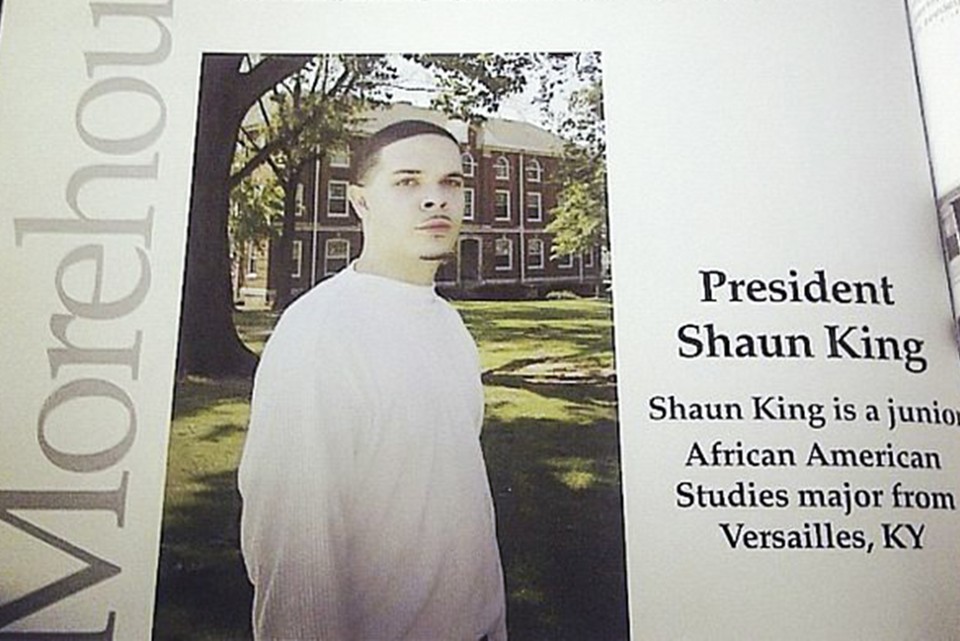Color-Blindness Is CounterproductivePosted in Articles, Media Archive, Politics/Public Policy, Social Science, United States on 2015-09-14 00:02Z by Steven |
Color-Blindness Is Counterproductive
The Atlantic
2015-09-13
Adia Harvey Wingfield, Professor of Sociology
Washington University, St. Louis, Missouri
Many sociologists argue that ideologies claiming not to see race risk ignoring discrimination.
How many times have you heard someone say that they “don’t see color,” “are colorblind,” or “don’t have a racist bone in their body?” Maybe you’ve even said this yourself. After all, the dominant language around racial issues today is typically one of colorblindness, as it’s often meant to convey distaste for racial practices and attitudes common in an earlier era.
Many sociologists, though, are extremely critical of colorblindness as an ideology. They argue that as the mechanisms that reproduce racial inequality have become more covert and obscure than they were during the era of open, legal segregation, the language of explicit racism has given way to a discourse of colorblindness. But they fear that the refusal to take public note of race actually allows people to ignore manifestations of persistent discrimination.
For the first half of the 20th century, it was perfectly legal to deny blacks (and other racial minorities) access to housing, jobs, voting, and other rights based explicitly on race. Civil-rights reforms rendered these practices illegal. Laws now bar practices that previously maintained racial inequality, like redlining, segregation, or openly refusing to rent or sell real estate to black Americans. Yet discrimination still persists, operating through a combination of social, economic, and institutional practices…
Read the entire article here.


